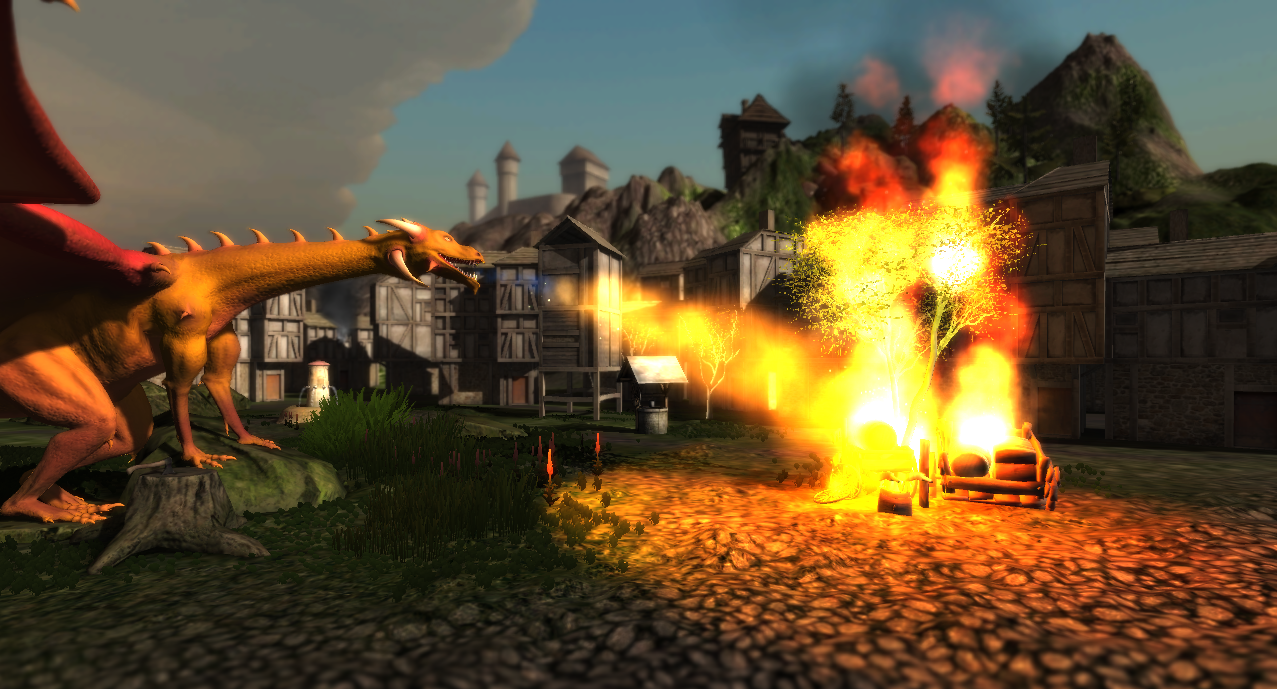Graphics, Artificial Intelligence, Design, and Games Lab
We explore difficult problems in the representation, visibility, and decision-making of digital agents and humans. We create and innovate in human behaviour & movement modelling, human-centred artificial intelligence, game design, game AI, architectural optimization, augmented intelligence in complex design, assistive technologies, rehabilitative technologies, and more.
Territory Acknowledgement
We acknowledge with respect the Lekwungen peoples on whose traditional territory the university stands and the Songhees, Esquimalt and W̱SÁNEĆ peoples whose historical relationships with the land continue to this day.
The GAIDG Lab is interested in broad ways of knowing and understanding and recognizes that ideas, research, and the people involved in these may come from many different places and backgrounds. We also recognize that historically, and very much presently, work in the fields in and around Computer Science and particularly Machine Learning and Artificial Intelligence has had a role in and facilitated colonialism, racism, ableism, transphobia, and homophobia. Additionally, the computational resources required for modern AI, ML, and data mining have a direct impact on the environment. The GAIDG Lab is committed to addressing and reflecting on these issues in our work, hiring and training practices, our community output, and our outreach.
Contact
GAIDG Lab
Department of Computer Science
Room 648, Engineering and Computer Science (ECS) building
University of Victoria
Victoria, BC
bhaworth@uvic.ca
+1 250-472-5772







